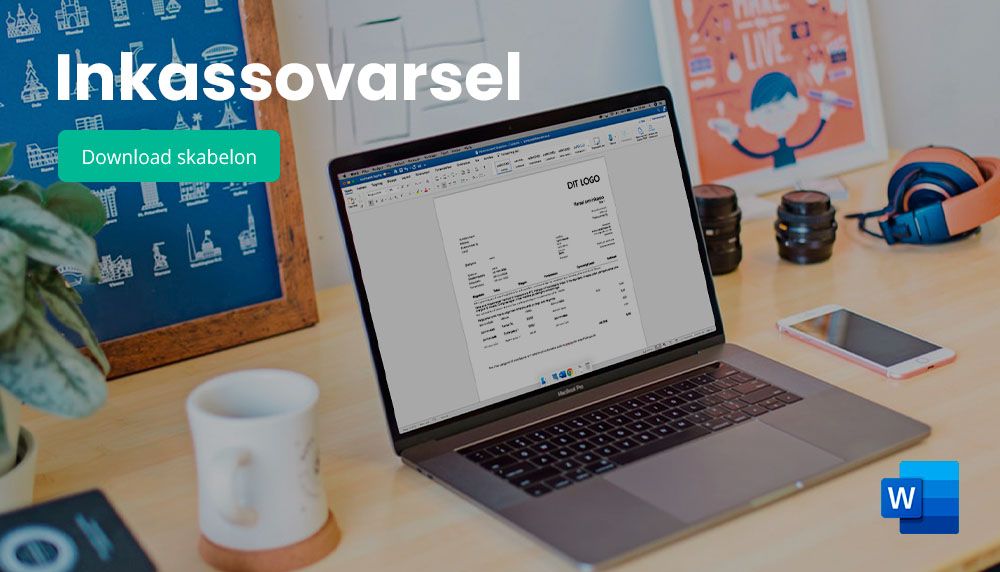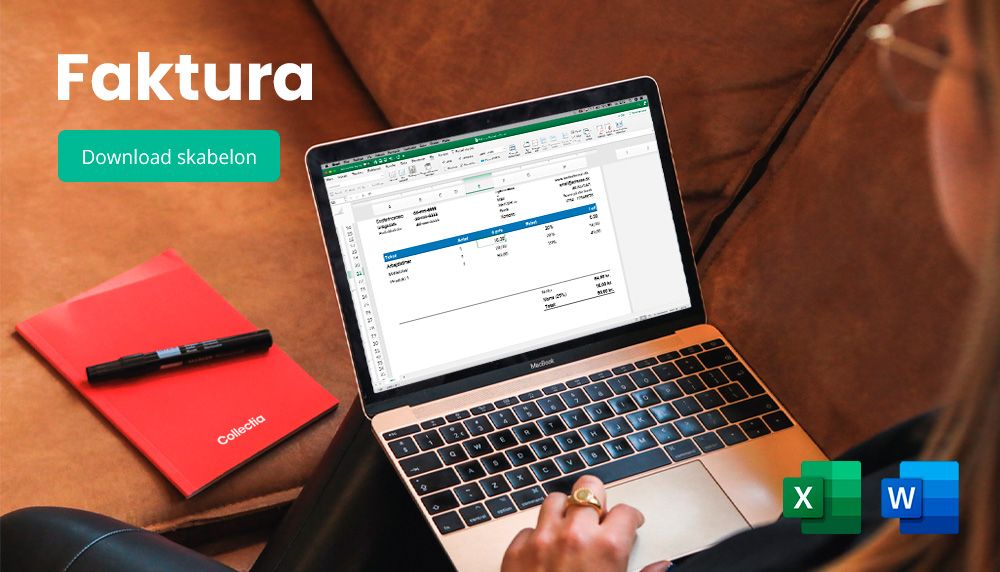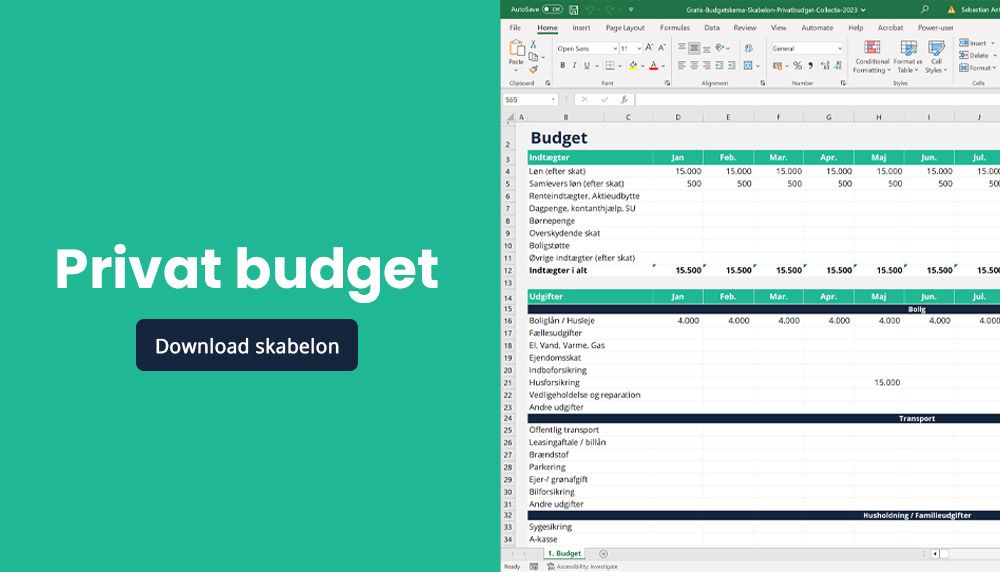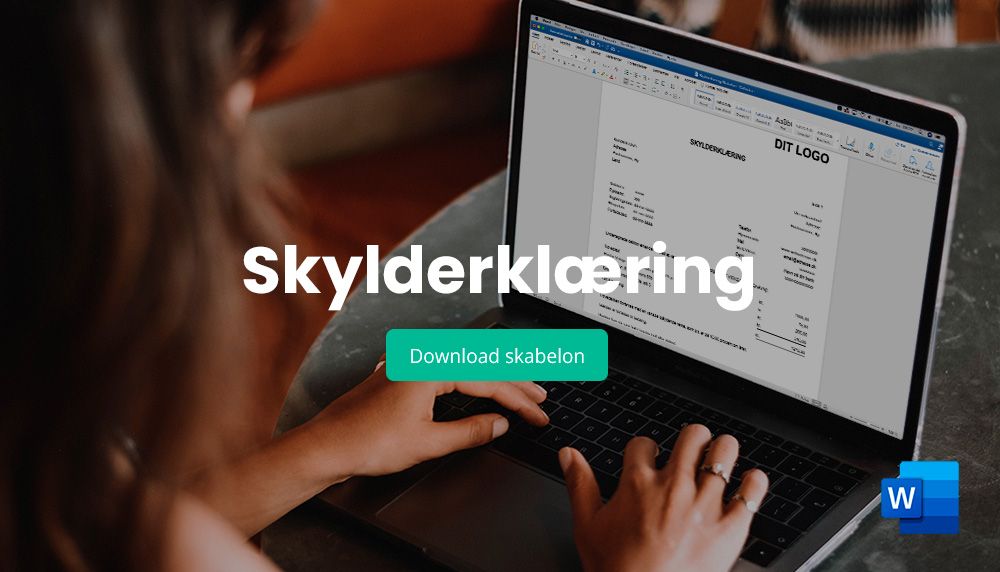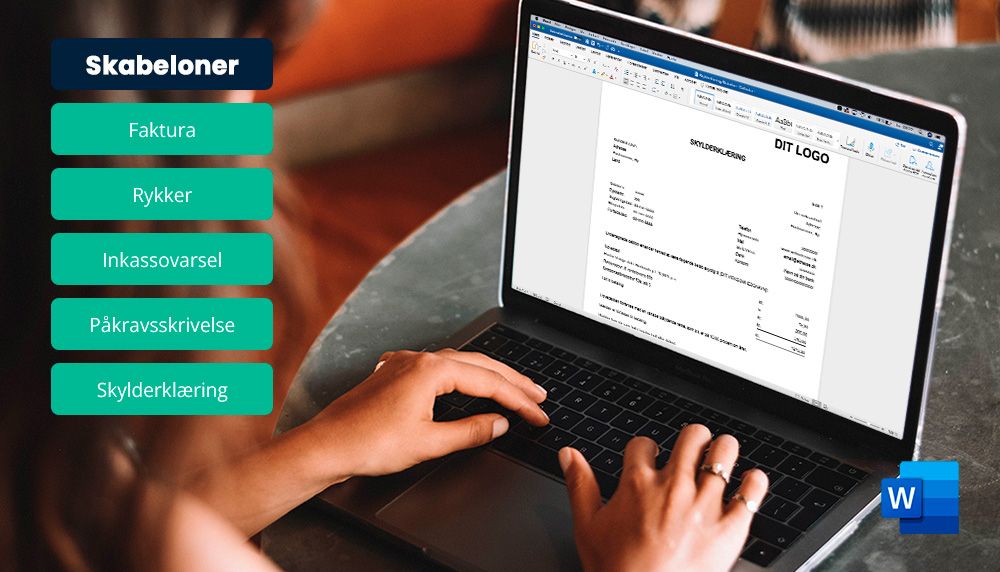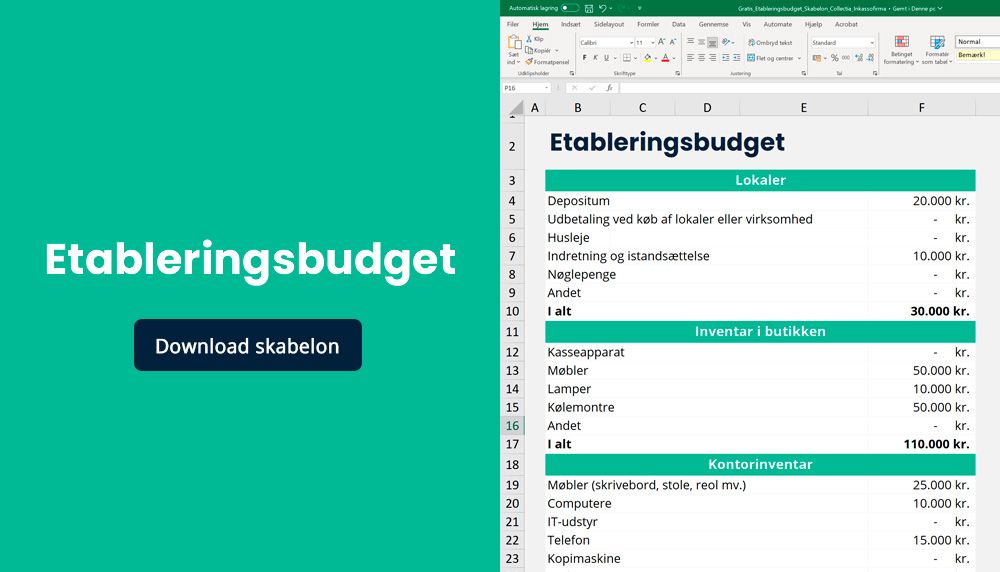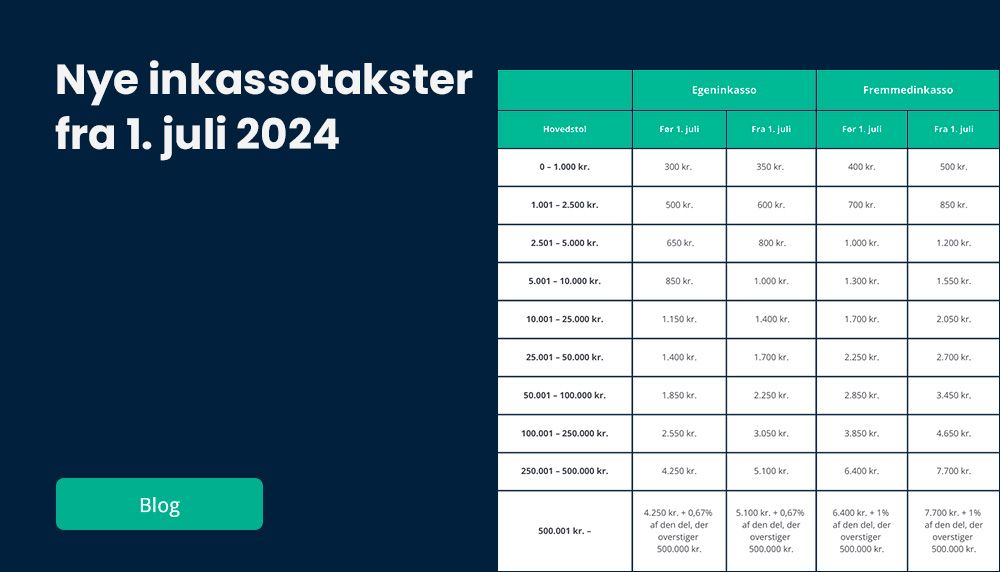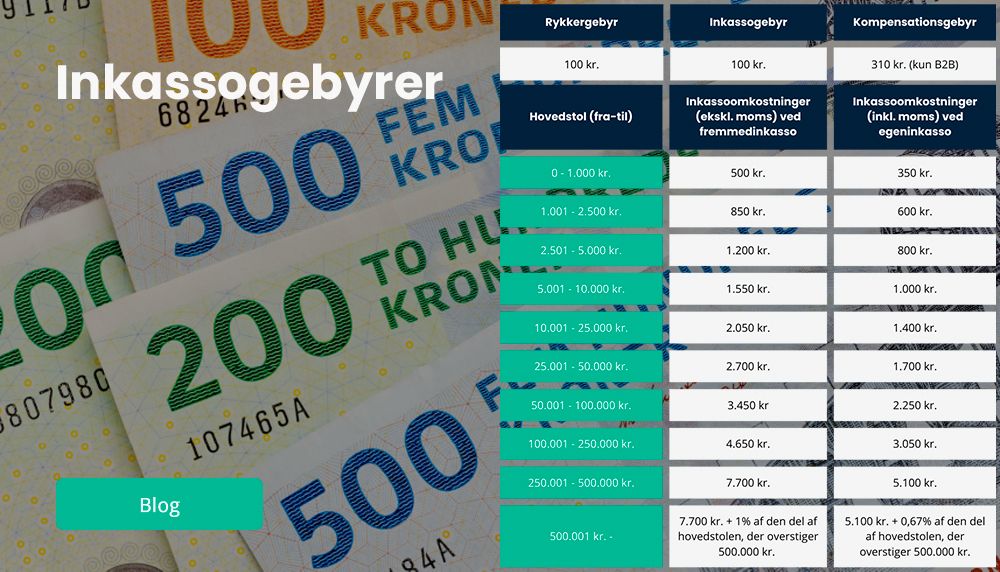
Bailiff business
The term bailiff business basically covers all the work that the bailiff assists a company or a private individual with - whether it's creditors, lenders or anything else.
Enforcement proceedings are typically related to unpaid debts and thus legal debt collection. However, a writ of execution does not necessarily have to relate to non-payment of money; this type of writ of execution is known as an immediate writ of execution.
Outbound bailiff service
Bailiff proceedings are generally held at the bailiff court - on the court's premises, at a time set by the court.
Enforcement proceedings can take place at the debtor's premises - i.e. the debtor/borrower, if this is deemed necessary - or if the debtor/borrower has not previously appeared in the enforcement court. In the case of an outgoing bailiff service, the bailiff will physically appear at the debtor's residence.
If the debtor chooses not to open for the bailiff, a locksmith will be called in to unlock the door.
Executions are carried out in a number of different cases, such as eviction cases where the debtor is to be evicted from his or her residence.
Immediate bailiff services
A widely used form of enforcement action is an immediate enforcement action. This type of enforcement is an aid for private individuals or companies that does not directly address non-payment.
An example of an immediate enforcement action could be the bailiff's assistance in obtaining an asset that rightfully belongs to the applicant. This could be a car or other object - which the requester is legally not allowed to simply take.
Another example of an immediate enforcement action could be the bailiff court's assistance in evicting a tenant.
Immediate enforcement proceedings often have an indirect basis in a financial dispute, such as the eviction of a rental property due to non-payment - but the immediate enforcement proceedings come into effect as the enforcement court assists the claimant with a non-monetary claim.
Enforcement proceedings in connection with debt collection
In Denmark, we distinguish between two types of debt collection: judicial debt collection and extrajudicial debt collection.
Out-of-court debt collection is carried out by a lawyer or debt collection company and includes a wide range of actions to get the debtor to pay the creditor. If the out-of-court collection process has no effect, it is possible to escalate the case to the enforcement court.
Debt collection at the enforcement court is called judicial debt collection and includes the enforcement proceedings.

